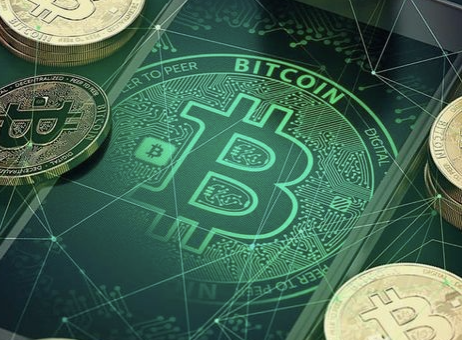A new report concludes that the crypto world must address the issue with airdrops. This is to prevent theft and to avoid undesirable side effects.
These claims were made by Kyle Waters & Nate Maddrey in the latest “State of the Network” report from crypto intelligence firm coin Metrics. They noted that airdrops are “facilitating experiments using new models of protocol ownership” and face many challenges.
Waters and Maddrey pointed out that Sybil attacks are where individuals or small groups pretend they are larger groups “by creating multiple addresses in order to “farm” airdrop events.
They did however note that operators had tried various ways to “snuff out” this practice, including an airdrop for paraswap token (PSP). Waters and Maddrey pointed out that the Paraswap team had “designed an airdrop to distribute tokens only to the most active users” it could detect. They even created a three-tiered system to drop their tokens.
They also stated that protocol operators must change the perspective for many token recipients.
According to the authors, this has led to a need for “incentivize” users to “hold” their tokens in order to participate in “protocol governance.”
They suggested that recipients “might also be incentivized [to send the tokens] to a [decentralized Exchange] pool to provide liquidity quickly on” but acknowledged that many people simply “choose” to sell, so a rethink might be necessary in certain cases.
They also questioned whether airdrops are a viable long-term strategy. Waters and Maddrey said that it was unsavory to issue additional tokens, as this would “dilute” existing holders’ governance power.
If early adoption is the goal, it is not a bad idea to reward users “early” in the adoption process.
The duo also mentioned that gas fees were another concern. They said that while there were 250,000 [ Ethereum (ETH)] addresses eligible for the September 2020 Uniswap (UNI), not all addresses claimed their tokens.
The authors stated that gas costs associated with the transfer of tokens are often borne by the recipient. This is a problem when there are many people using the network and high gas fees.











